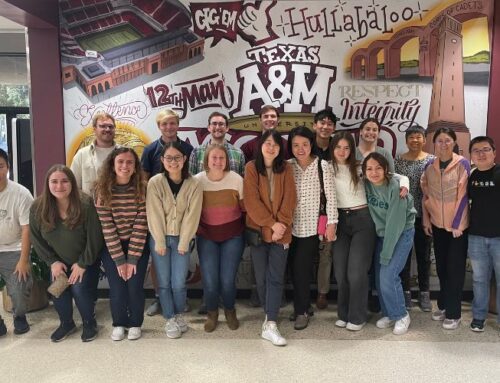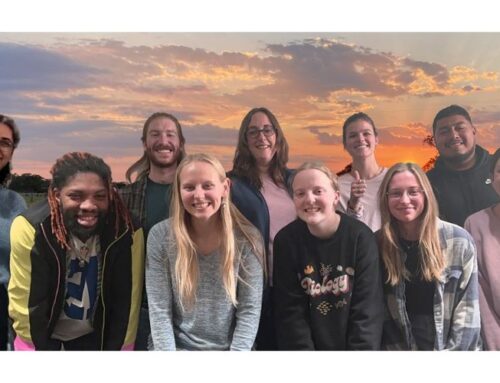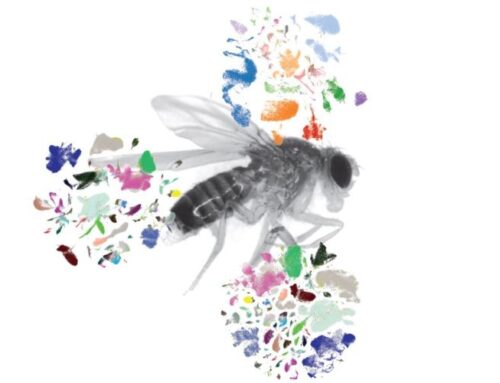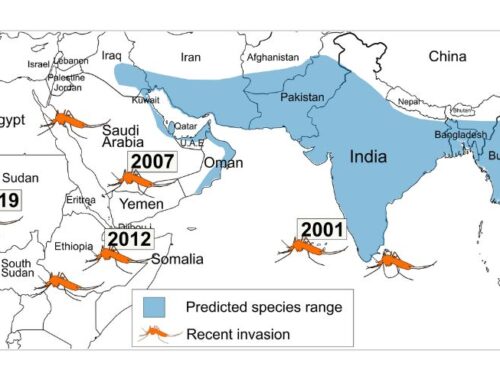Dr. Susan C. Alberts Joins TAMU Biology as Hagler Fellow
 The Texas A&M University Department of Biology is thrilled to announce that Dr. Susan Alberts will be joining their ranks as a Hagler Fellow starting in Fall 2024. Dr. Alberts, the Robert F. Durden Distinguished Professor of Biology and the Dean of Natural Sciences at Duke University, will be bringing to the department her passion for understanding how and why animal behaviors evolve.
The Texas A&M University Department of Biology is thrilled to announce that Dr. Susan Alberts will be joining their ranks as a Hagler Fellow starting in Fall 2024. Dr. Alberts, the Robert F. Durden Distinguished Professor of Biology and the Dean of Natural Sciences at Duke University, will be bringing to the department her passion for understanding how and why animal behaviors evolve.
The Hagler Fellowship, organized by the Hagler Institute for Advanced Study at TAMU, works to bring world-class researchers to campus. These temporary residencies are part of what makes research at TAMU special – injecting new people and new ideas into the research environment stimulates creativity, innovation, and scientific advancement.
“Susan is widely regarded as a world leader for her research, but her impact as a mentor and colleague is equally striking,” says Biology Department Chair Dr. Alex Keene. “I could not be more excited to have her join us here at Texas A&M where she will have the chance to interact and develop collaborations with groups across the department studying behavioral evolution.”
Dr. Alberts’ longitudinal research with baboons in the Amboseli ecosystem in Kenya has yielded significant leaps in our understanding of how behavior can drive evolution and vice versa. For example, Dr. Alberts and her team discovered that male baboons can identify their own offspring (previously dismissed as a possibility due to the fact that females mate with multiple males, making paternity difficult to determine). This ability to identify offspring is linked to adult male baboons intervening in fights between young baboons to support their own biological offspring. These findings raise more questions about how kin relationships in baboon social groups may act as an evolutionary pressure across generations.
While a Hagler Fellow, Dr. Alberts will continue to dive deeper into these research questions while also collaborating with the Biology Department faculty. One such collaborator is Dr. Courtney Fitzpatrick, a former trainee of Dr. Alberts’. “[Dr. Alberts] has the highest standards of excellence and integrity of any colleague I have worked with. She elevates the discourse wherever she goes and does so with authentic curiosity and enthusiasm for the production of knowledge,” says Dr. Fitzpatrick. The impact of Dr. Alberts is expected to be felt across the entire Biology Department, including those whose research is not focused on behavior or evolution. “Susan is a brilliant thinker on many dimensions but one of her greatest scientific gifts is her gift of observation,” emphasizes Dr. Fitzpatrick. “She has taken the quantification of behavior to the next level. Having her in our midst will raise the research bar not just for those of us who study animal behavior, but for everyone who values precision and clarity of analysis.”
Overall, to quote Dr. Keene, the Biology Department could not be more thrilled that Dr. Alberts is joining them for this fellowship. Dr. Alberts follows in the footsteps of former Hagler Fellow Dr. Michael Young, Nobel Laureate for his leadership in the field of circadian rhythm. Department leadership eagerly look forward to engaging with Dr. Alberts during her fellowship.
If you see Dr. Alberts, be sure to give her a “howdy” and welcome her to our campus!





